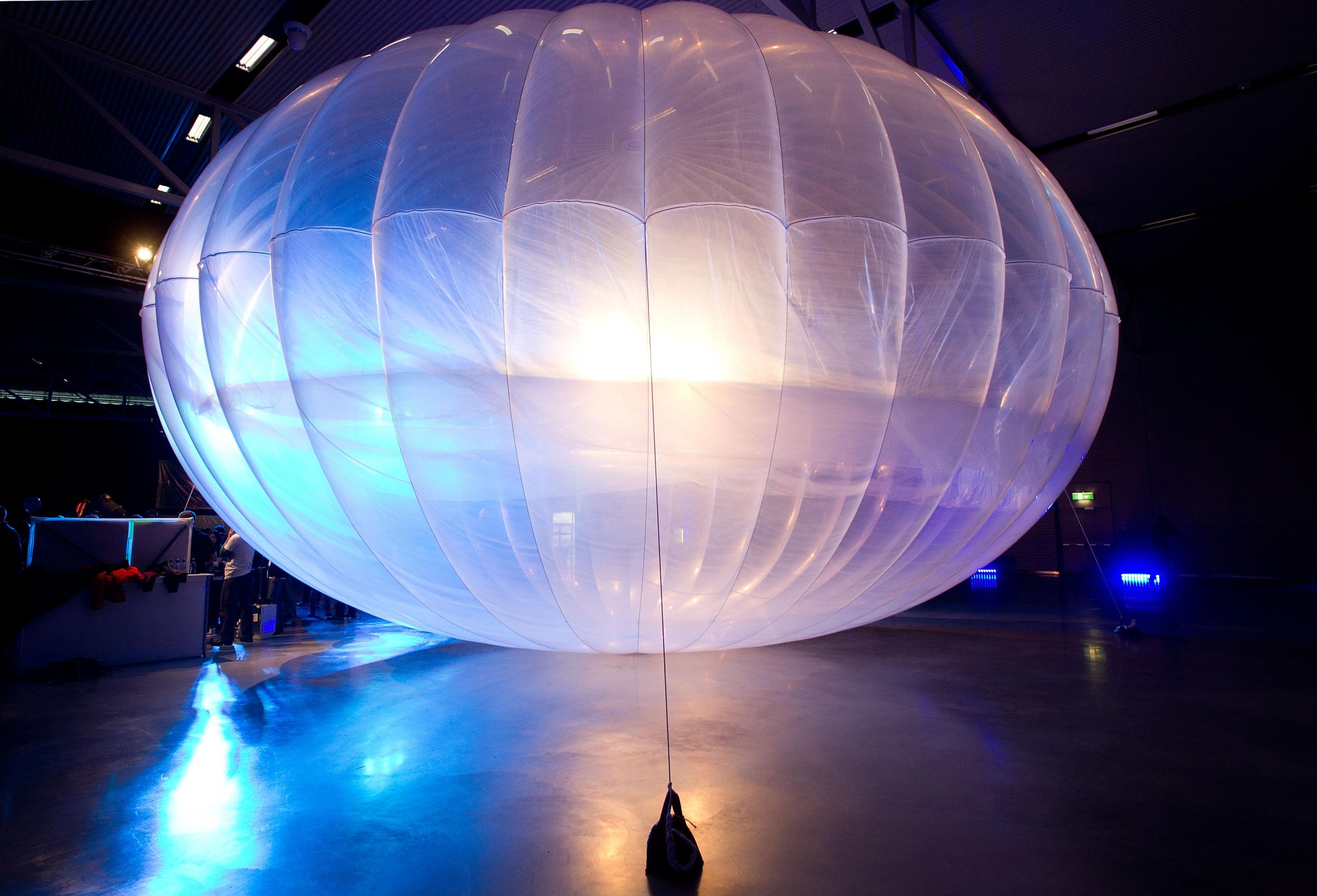Project Loon: Google's internet-enabled balloons begin trials in Sri Lanka
The Project Loon balloons float in the stratosphere, at twice the height of a commercial airliner

Google has begun testing its high altitude 'Project Loon' balloons in Sri Lanka, which the company hope will one day provide high-speed internet access to the island's residents.
The first of three balloons set to be used in the trial entered Sri Lankan airspace on Monday after it was launched from South America, the Sri Lankan government's communications technology chief Muhunthan Canagey told AFP. The other two will reach the country by the end of the month.
Canagey said a team from Google was expected in Sri Lanka later this week, to begin testing the balloon's flight controls, efficiency and other technical features.
The goal of Project Loon is to help people in remote areas access the internet by providing them with a balloon-powered mobile data signal.
The helium-filled balloons fly in the stratosphere, around twice as high as a commercial airliner, carrying a small box decked out with solar panels which carry the craft's electronics.
Through Google's partnerships with local service providers, internet users in far-flung places will be able to get a wireless connection via a balloon passing overhead.
One day, Google wants to have a network of thousands of balloons moving around in the stratosphere, riding on high-altitude air currents to get to places where there is a gap in internet coverage.
The service has been trialled before in Indonesia and the Australian outback, and the Sri Lankan government has announced it is taking a 25 per cent stake in the project with Google to use the balloons to deliver internet to the whole country.
The authorities and the country's telecoms companies hope the project will extend internet coverage across Sri Lanka and bring down tariffs, creating new customers for everyone.
As a relatively small and connected nation, Sri Lanka is a good proving ground for the ambitious project. According to official figures, there are 3.3 million mobile internet connections and 630,000 fixed line internet subscribers among the country's 20 million people.
Join our commenting forum
Join thought-provoking conversations, follow other Independent readers and see their replies
Comments
Bookmark popover
Removed from bookmarks